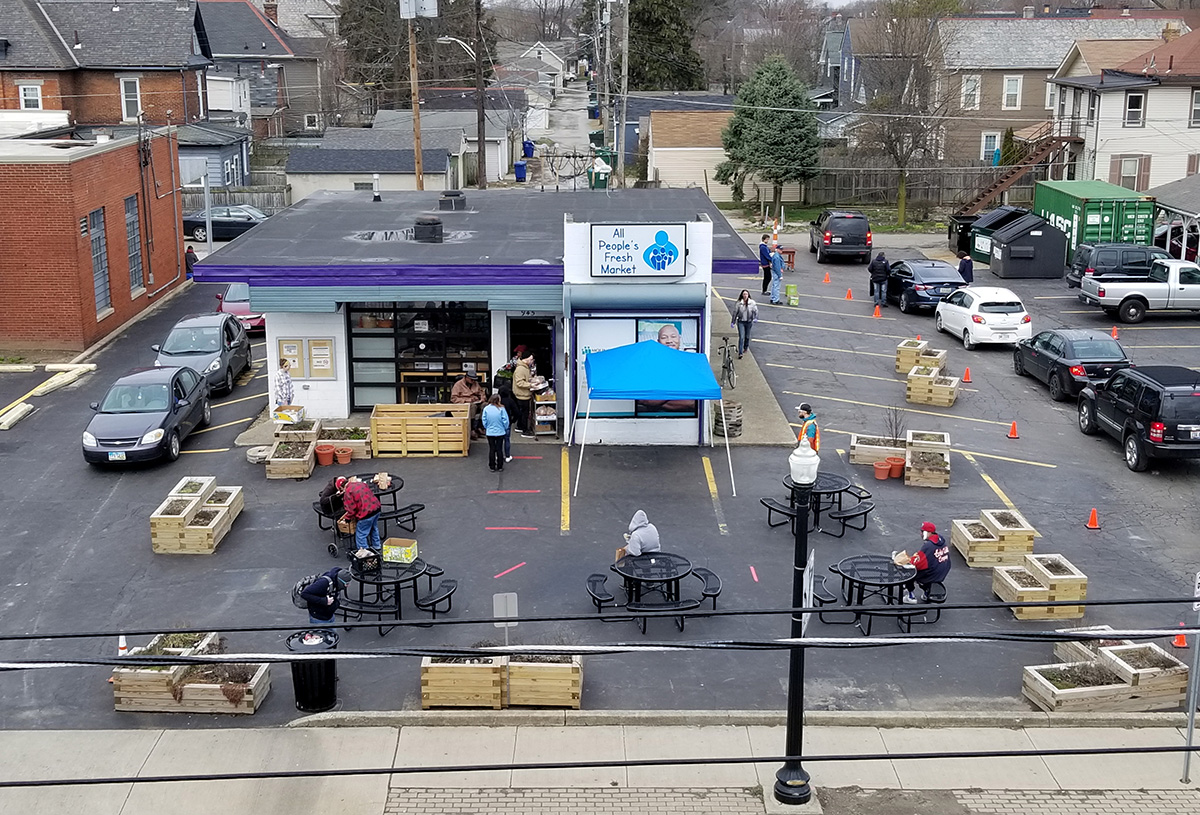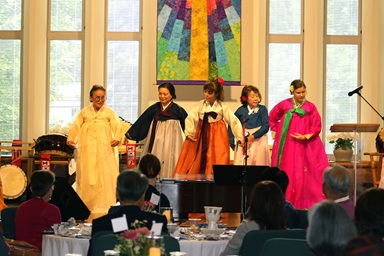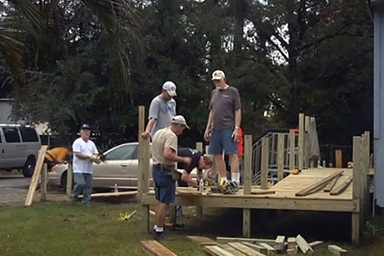Social distancing measures due to the coronavirus pandemic have not prevented The United Methodist Church for All People in Columbus from continuing to provide support and hope to its community.
The All People’s Fresh Market has distributed free produce to more than 2,000 households every week for over 10 years, and after adapting its delivery methods to adhere to current health recommendations, the market is busier than ever. In fact, it is the largest distributor of free food in 19 counties of Ohio, and one of the top 20 in the nation.
Thanks to its status as a community developer for the United Methodist Board of Global Ministries, the church received help from the mission agency in 2018 to purchase an abandoned drive-thru beer store across the street.
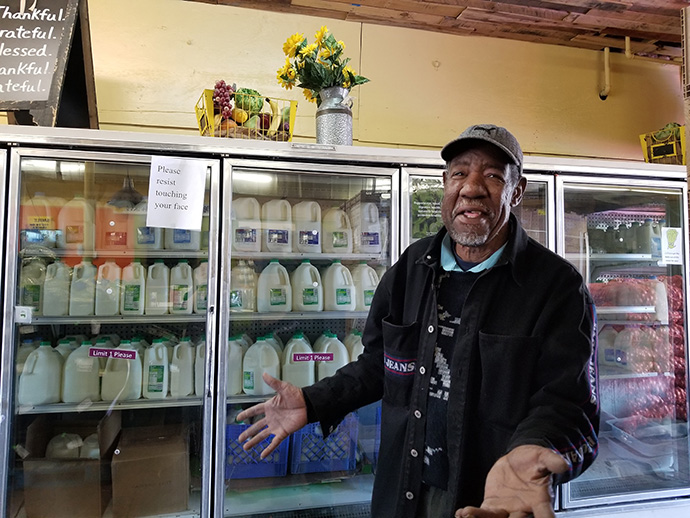
Jon Morris is a volunteer in the All People's Fresh Market in Columbus, Ohio. The program has distributed free produce to more than 2,000 households every week for over 10 years. Photo courtesy of the Church for All People.
“It’s a drive-thru all over again, but now all the coolers that used to hold beer have eggs, fruit and vegetables,” said Katelin Hansen, the church’s music minister and director of operations for Community Development For All People, the church’s nonprofit organization.
Hansen pointed out that disadvantaged people want to eat healthy, even if their budgets often don’t allow.
“When groceries are hard to access and you may have to carry it home on foot, it’s always cheaper and easier to buy a bag of chips or a packet of Kool-Aid than a sack of potatoes or a gallon of milk,” she said.
Subscribe to our
e-newsletter
Like what you're reading and want to see more? Sign up for our free daily and weekly digests of important news and events in the life of The United Methodist Church.
Addressing food insecurity
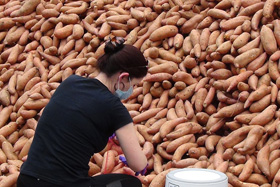
Volunteer Elyssa Bollinger packages gleaned sweet potatoes for distribution during a Society of St. Andrew “potato drop.” Photo by Michael Binger, Society of St. Andrew.
Food-related ministries, a mainstay of United Methodist mission work, have provided a way for the church to respond to food access problems created by the coronavirus pandemic and the continuing economic effects of the crisis.
In addition to its relationship with Global Ministries, Community Development For All People is also a National Mission Institution — United Methodist Women’s community outreach program. Both agencies support the church’s Thrive To Five program focused on the well-being of babies and new mothers. Through Thrive To Five, the church is providing formula and diapers.
When Columbus area schools closed, the church had to stop its afterschool program housed in one of the schools, so that staff was moved to the market and made sure the families of children who may have depended on school meals were still getting food. They’ve also helped deliver tablet and laptop computers to children who may not have a computer in the home, so they can access online schoolwork.
Hansen said when the economic effects of the pandemic hit, the church was able to pivot the day-to-day nature of its work.
“Because of COVID-19, all sorts of people are now on even tighter budgets,” she said. “It’s all the more reason to double down on providing access to healthy goods so kids and families can stay healthy.
“During this time we can either turn inward and focus on ourselves only, or we can turn outward and focus on our community,” church director of engagement Mike Premo said in an interview with Columbus’ WSYX ABC 6.
“Our motto is, ‘There’s never been a better time to be the church,’” Hansen said. “We’re committed to being the hands and feet of Christ.”
Butler is a multimedia editor for UM News. Contact him at 615-742-5470 or newsdesk@umcom.org. To read more United Methodist news, subscribe to the free daily or weekly digests.
Like what you're reading? Support the ministry of UM News! Your support ensures the latest denominational news, dynamic stories and informative articles will continue to connect our global community. Make a tax-deductible donation at ResourceUMC.org/GiveUMCom.

